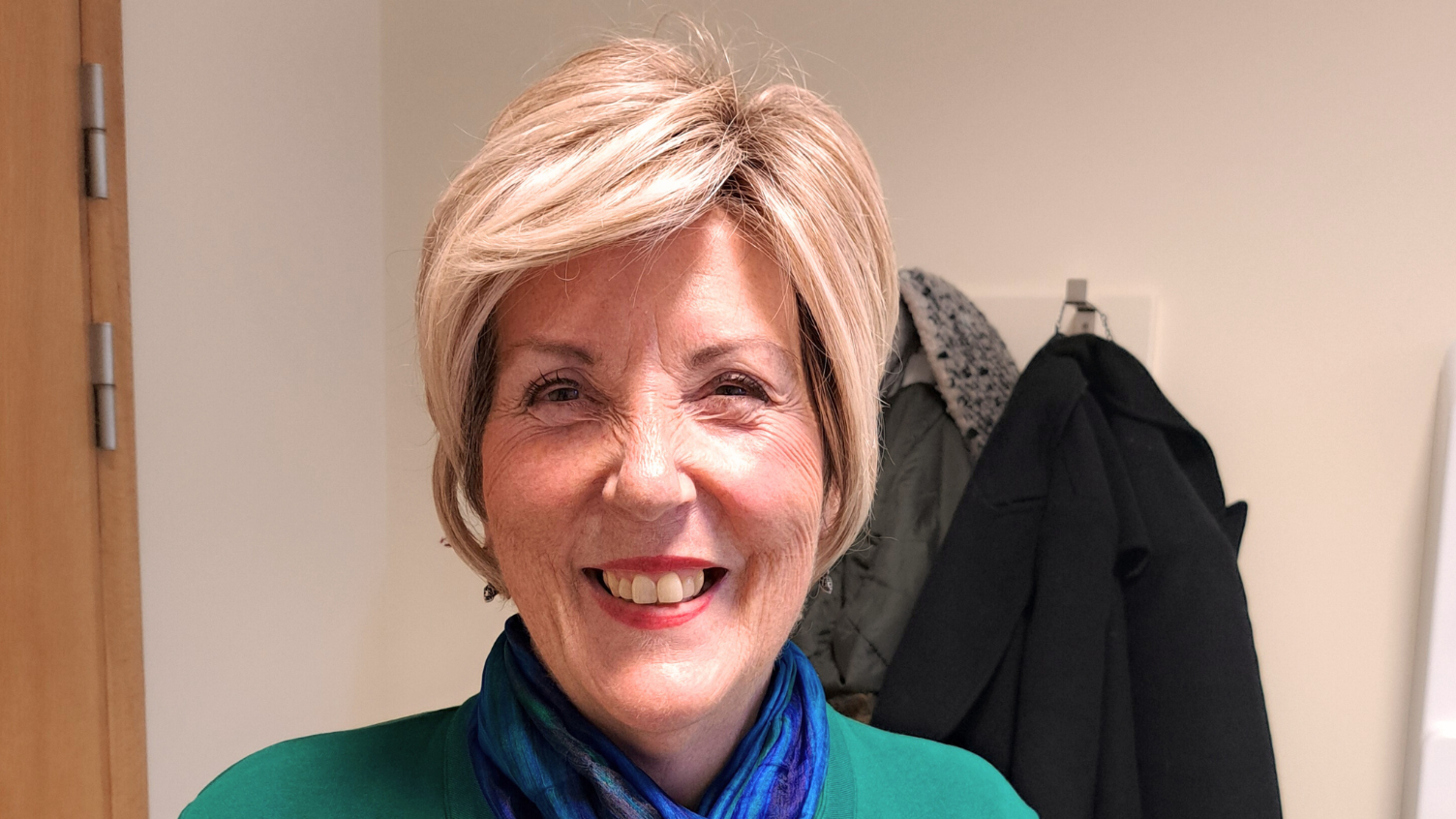"People know the standards you're working to" - Why I became a registered clinical research practitioner
- 7 November 2024
- 4 min read
Joanna Tilley is a Clinical Research Practitioner (CRP) at Somerset Foundation NHS Trust.
She achieved her registration on International Women’s Day last year, becoming one of just a handful of Registered CRPs in the South West, and believes the role has the potential to increase the research workforce and drive up standards.
Jo shared her story to raise the profile of Registered CRPs, and highlight this still relatively new non-medical research career pathway.
“I joined the NHS five years ago, but before that I had a very different career. I've always had a passion for science and research - I've got a PhD in cell transplantation - and I used to run human tissue banks.
“I started off as a Clinical Trial Support Officer and now I'm a Clinical Trials Officer with my own study portfolio. I’m also one of the Trust’s Good Clinical Practice Facilitators. I absolutely love this job, love the patient contact and the fact I'm able to run trials on my own.
“I’ve got a really supportive team, which is a big part of why I managed to get my CRP Registration.”
The Accredited Register for CRPs is run by the Academy for Healthcare Science (AHCS). The register was opened in April 2021 for experienced practitioners who can demonstrate that their work meets specific standards. It aims to offer assurance to research participants, colleagues and employers, shape a clearer career path and raise the profile of the CRP role.
Along with the CRP Directory launched in 2018 by the AHCS, it is part of a UK-wide strategy led by the National Institute for Health and Care Research (NIHR) to grow and develop CRP roles as a key part of the research delivery workforce. The NIHR Research Delivery Network supports the scheme, working with delivery organisations in the South West and nationally to encourage practitioners to sign up.
Part of the application process to join the register involves a series of reflective statements on professional accountability, leadership and working across boundaries.
Jo continued: “I think if you're not a nurse, writing reflections can be a slightly alien process, and I was grateful for support from my team, especially my line manager. You just need to make sure you can prove the breadth and depth of knowledge in your area to be able to apply. I think you need to be patient-facing, consenting patients, running studies on your own and developing your research portfolio.
“I have a passion for regulations and working to the right standards. Obviously for nurses there is a registration process, but for the non-medics who work in clinical research, there hasn’t been that sort of accreditation. But now there are standards of proficiency you can adhere to if you choose to go down this path, and I think it will raise the standards of the work that everybody does.
“Getting registered is a bit like saying, I'd like to work to those standards and make sure that I'm doing everything to the best of my ability.”
Until 2026, access to the register is also open to experienced CRPs who do not have a degree or equivalent education. The Experienced Practitioner Gateway will enable CRPs to provide evidence about their career development and experience working at practitioner level, and include any education and learning they have completed.
Jo added: “One of the biggest problems I find in talking to people in different organisations is that while nurses and other medical staff have the same job titles everywhere, non-medical colleagues can have different titles in different places. When people see you’re a CRP, they know the standards you're working to and what you do, and what you're capable of doing.
“I think it has the potential to increase the research workforce. Obviously, we can't run drug studies, but there are many studies that we can run. And it just highlights the fact that you don't have to be a nurse to be able to run a study - if you have the right training, the right depth of knowledge, the right support, you can run studies. So, I hope it encourages more people to come into research, which we need.
“Having said that, we also need to retain people, and I think one of the issues is that for Research Nurses for example, there is a career pathway and you can progress through the bands, whereas for non-medical staff, it’s less clear. The chance to join the Accredited Register gives them something to aim for, a career pathway that didn’t really exist before.”
To find out more about the CRP role, visit the NIHR website.


